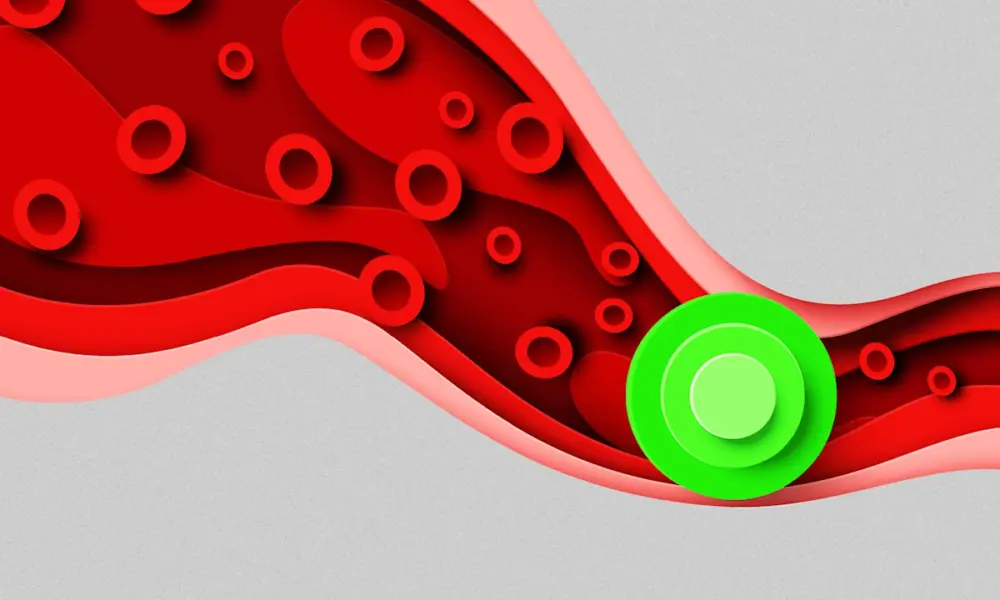Researchers at Yale University have made significant strides in combating a rare and aggressive form of skin cancer known as Merkel cell carcinoma (MCC). They have developed a dual-action mRNA vaccine that not only targets a key protein essential for tumor growth but also enhances the immune response through a crucial signaling molecule. The study’s findings are published in the journal Cell Reports.
The innovative vaccine is designed to direct the immune system to specifically target the viral large T antigen, a protein associated with MCC. Additionally, the vaccine co-encodes interleukin-7 (IL-7), which plays a pivotal role in the proliferation of immune cells. This combination aims to enhance T cell responses, resulting in increased immunity and a more durable anti-tumor effect against MCC, which is frequently linked to viral infection.
Dr. Jeffrey J. Ishizuka, the study’s senior author and assistant professor of medicine at Yale School of Medicine, emphasizes the pressing need for enhanced treatments for MCC. “Our vaccine aims to boost waning immunity, which may otherwise allow tumors to recur or progress,” he stated. The study addresses the common challenge of achieving a lasting response to current immune checkpoint inhibitor (ICI) therapies for MCC patients.
The research team, comprising 16 authors from various departments including surgery, immunobiology, and pathology, observed that the addition of IL-7 significantly improved the vaccine’s effectiveness. The study highlights the importance of T cell memory, particularly for the aging population that is most at risk for MCC. This demographic often relies more heavily on T cell memory compared to younger patients for sustained immune responses.
In animal models, the vaccine demonstrated compatibility with anti-PD-1 immunotherapy, suggesting potential benefits in various treatment scenarios. This includes use before and after surgical procedures or in conjunction with other systemic therapies for metastatic disease. The authors are currently conducting investigational new drug enabling studies and exploring partnerships to advance the vaccine towards clinical trials.
The implications of this research are far-reaching, as MCC is often difficult to treat and typically presents with poor prognosis. The dual-action approach of targeting viral proteins while enhancing immune responses could pave the way for more effective therapies in the future.
For more detailed insights, the study can be found in Cell Reports under the title “Targeting an essential viral oncoprotein with an IL-7-enhanced mRNA vaccine induces durable immunity to Merkel cell carcinoma,” with a DOI of 10.1016/j.celrep.2025.116359.







